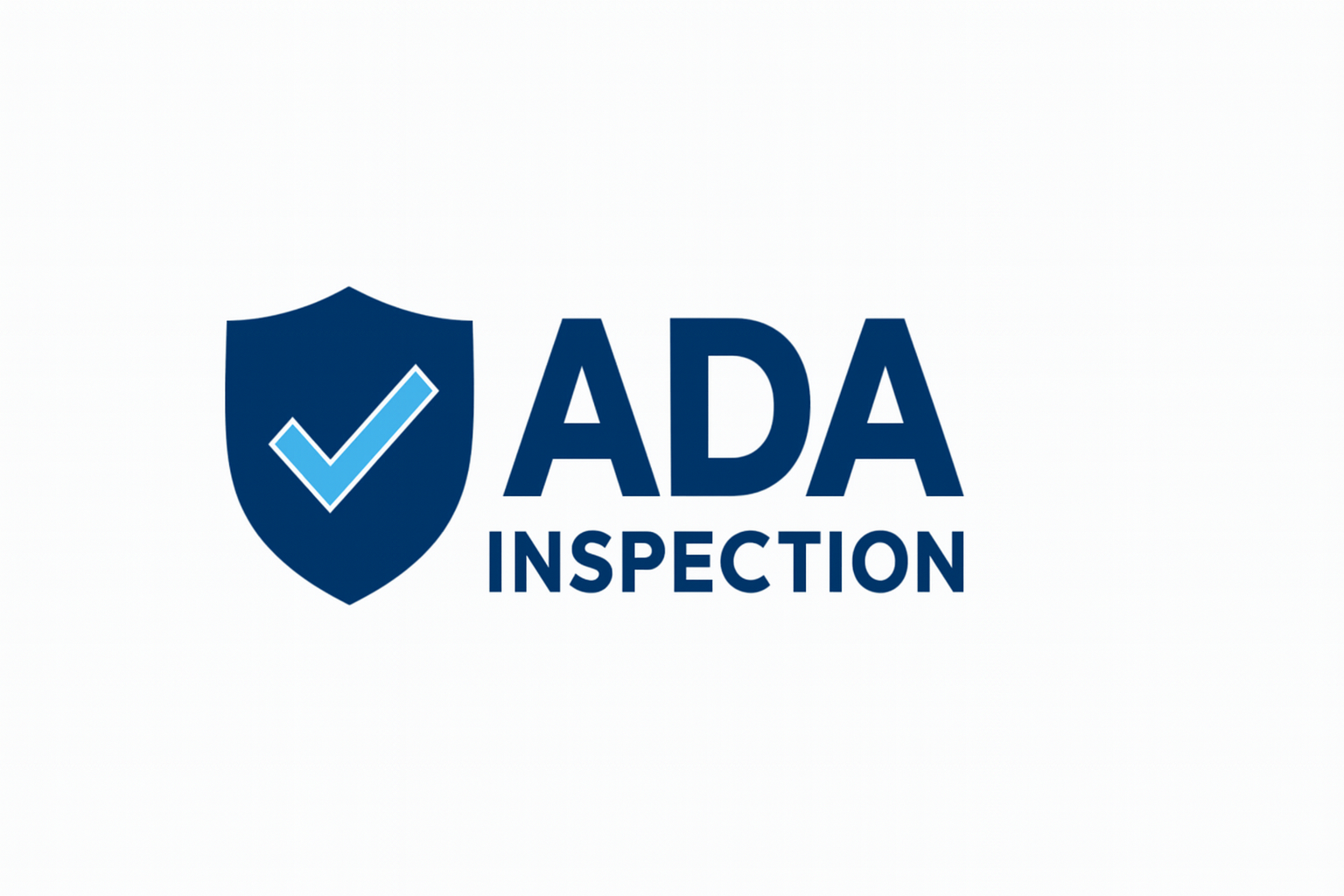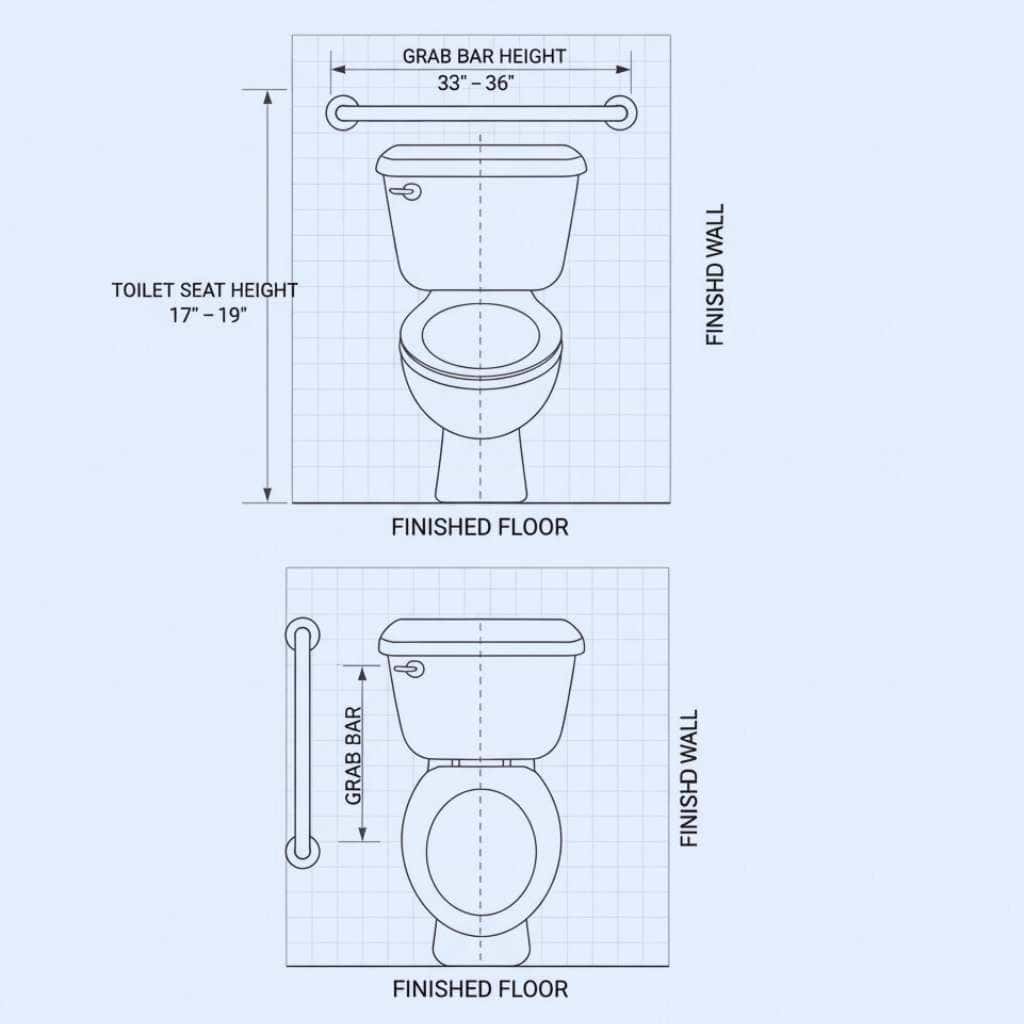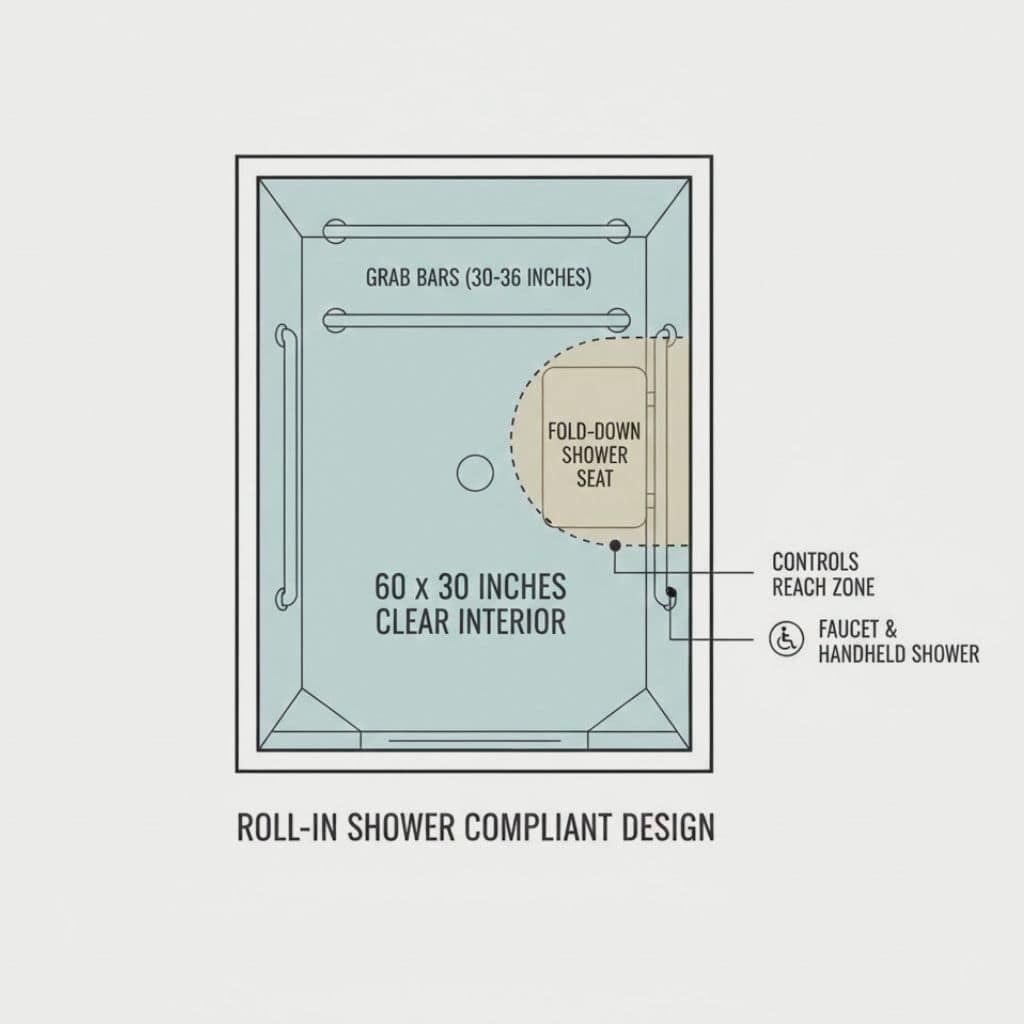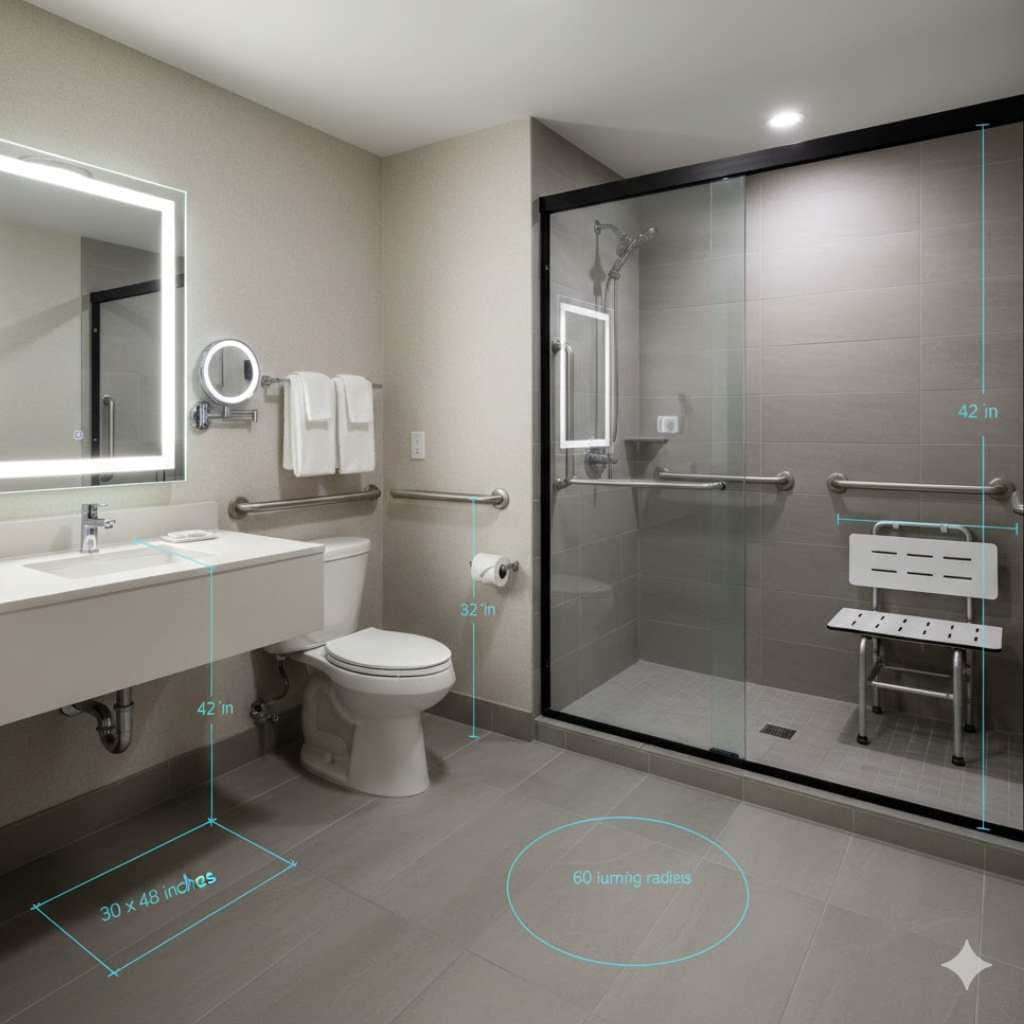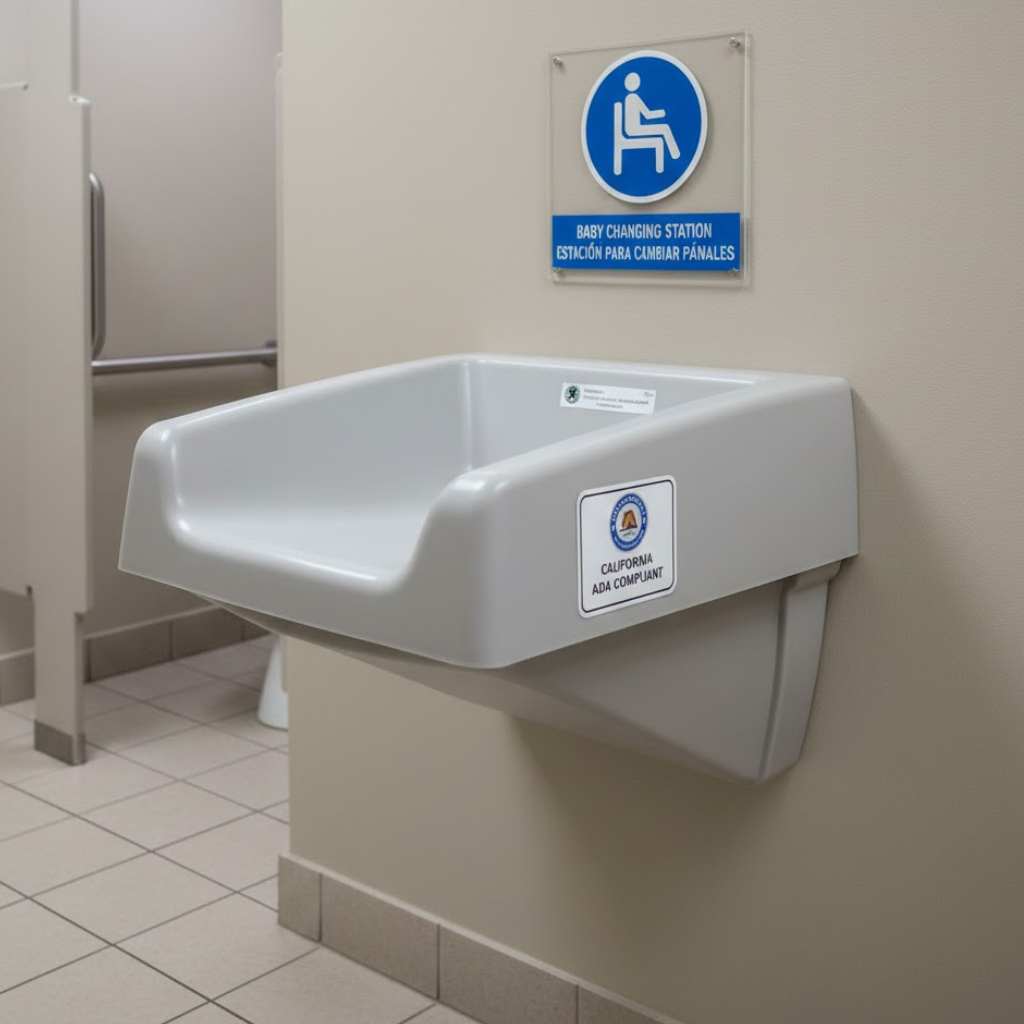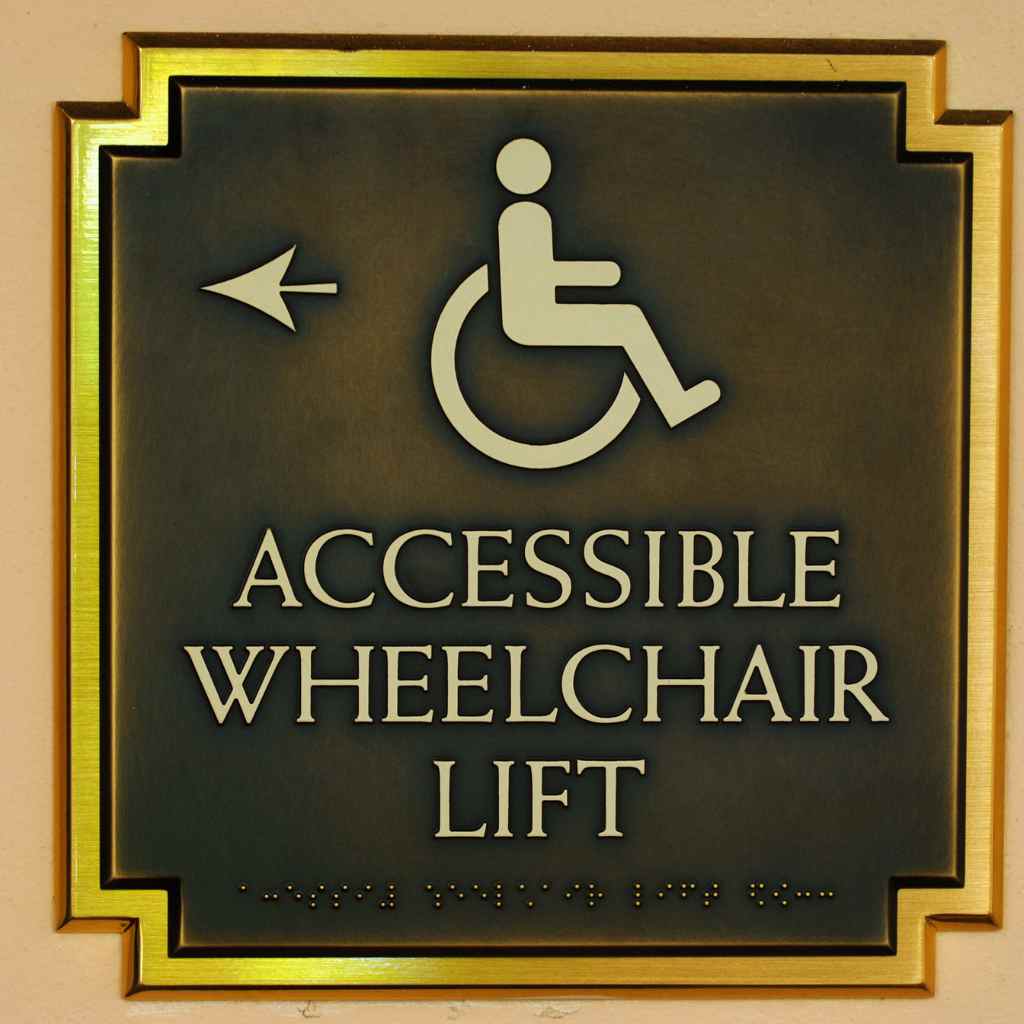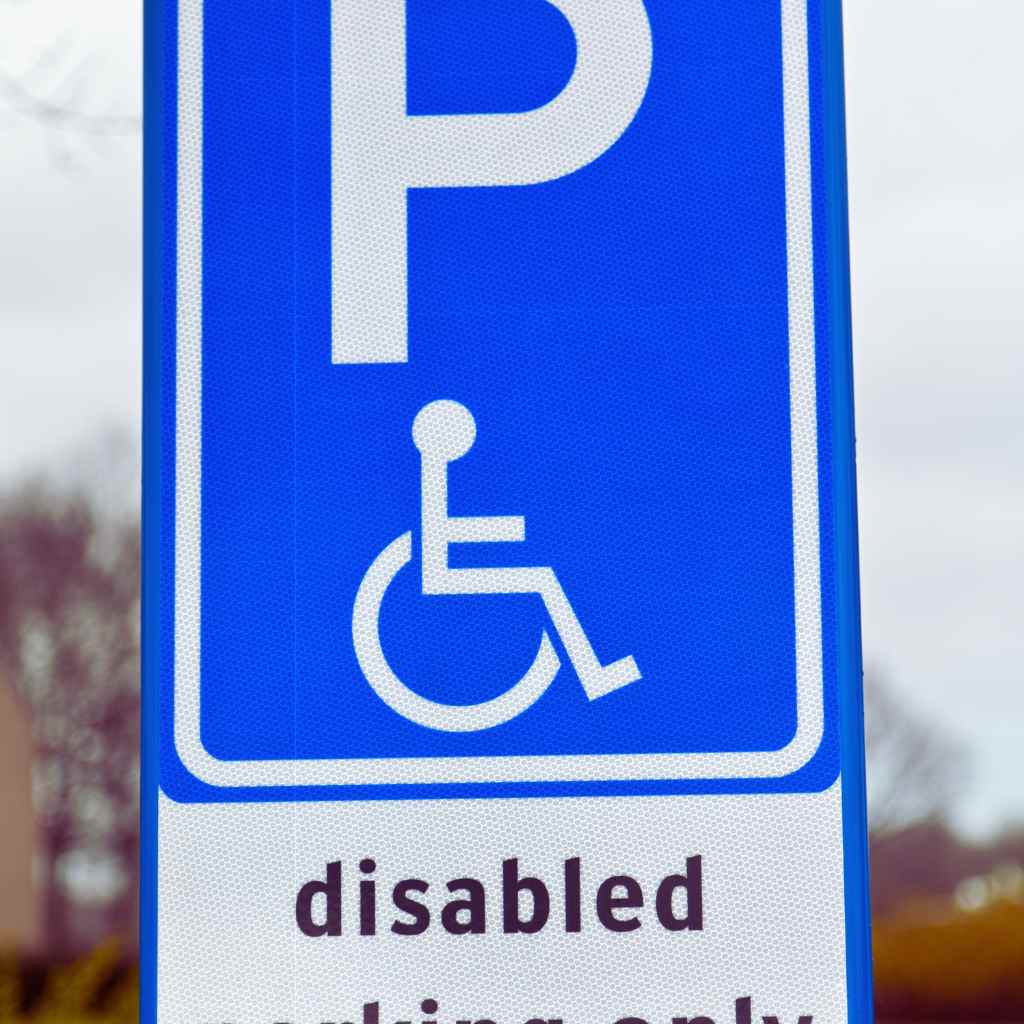Do I really need to fix my parking lot for one complaint?”
Yes. One complaint is all it takes to trigger a lawsuit — especially in California.
It’s not about how many people are complaining. It’s about whether a real barrier exists. If a disabled person can’t park, access your entryway, or safely navigate the lot, that’s a violation, even if you’ve never received formal notice.
And California’s Unruh Civil Rights Act stacks on top of the federal ADA. This means up to $4,000 per violation, plus attorney’s fees — not including settlement costs. Lawsuits can come from first-time visitors, not just regulars.
A few uneven spaces or missing signs can be enough to trigger a claim.
Here’s the nuance: ADA doesn’t require perfection. It requires reasonable accommodation. So if you can demonstrate progress or show that you’ve started a plan to fix issues, courts may see that in your favour. Ignoring the issue altogether is what gets businesses in trouble.
I rent my space and don’t have funds to remodel—what now?”
Start with what’s in your control. Focus on low-cost, high-impact fixes.
Reddit threads are full of small business owners stuck between uncooperative landlords and tight budgets. You’re not alone.
Here’s what you can do without major renovations:
Install ADA-compliant signage
Adjust shelving or counter heights
Rearrange seating for better mobility
Add temporary ramps if needed
Provide portable grab bars or easy-pull handles
If you’re overwhelmed, a CASp inspection can break it into phases. This gives you a barrier removal plan, which courts may accept as proof you’re making good-faith progress. Plus, if you get sued, you may have some legal protections under California’s construction-related accessibility standards law (SB 1608).
And don’t forget the ADA tax credit (IRS Form 8826) — it can cover up to $10,250 in eligible improvements each year.
How do I know if my website’s accessible enough?
These are free, browser-based tools that scan your site for accessibility issues: missing alt text, poor contrast, unreadable fonts, inaccessible forms — the basics.
Many Reddit users think if their site is hosted on Wix, Shopify, or Squarespace, it’s automatically compliant. It’s not. There are lawsuits against business owners using those platforms — because your content is still your legal responsibility.
The Ninth Circuit Court has ruled that if your business serves the public — and your website is a “gateway” to your services — then ADA Title III applies. This means websites must meet at least WCAG 2.1 AA standards.
And California has seen hundreds of web accessibility lawsuits, often over basic things like missing labels or keyboard navigation failures. Don’t wait for a demand letter. Fix it now.
If you’re not sure where to begin, check if your provider offers accessibility overlays or plugins, but don’t rely on them completely. Some can actually create more problems than they solve.
Bottom line: if your site helps customers buy, book, or learn about your service — then yes, it needs to be accessible. Start small, scan your pages, and fix what you can.
